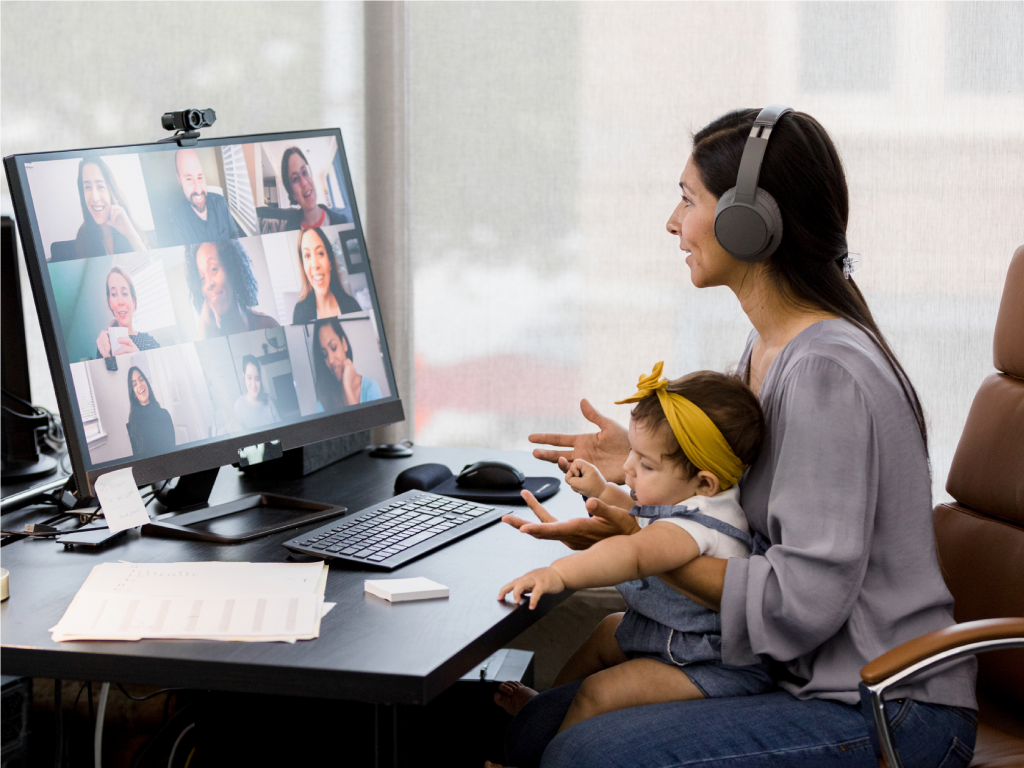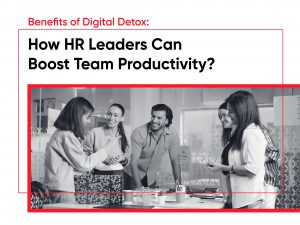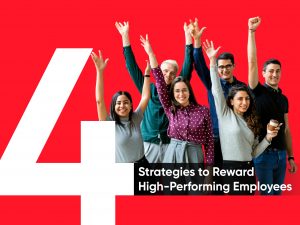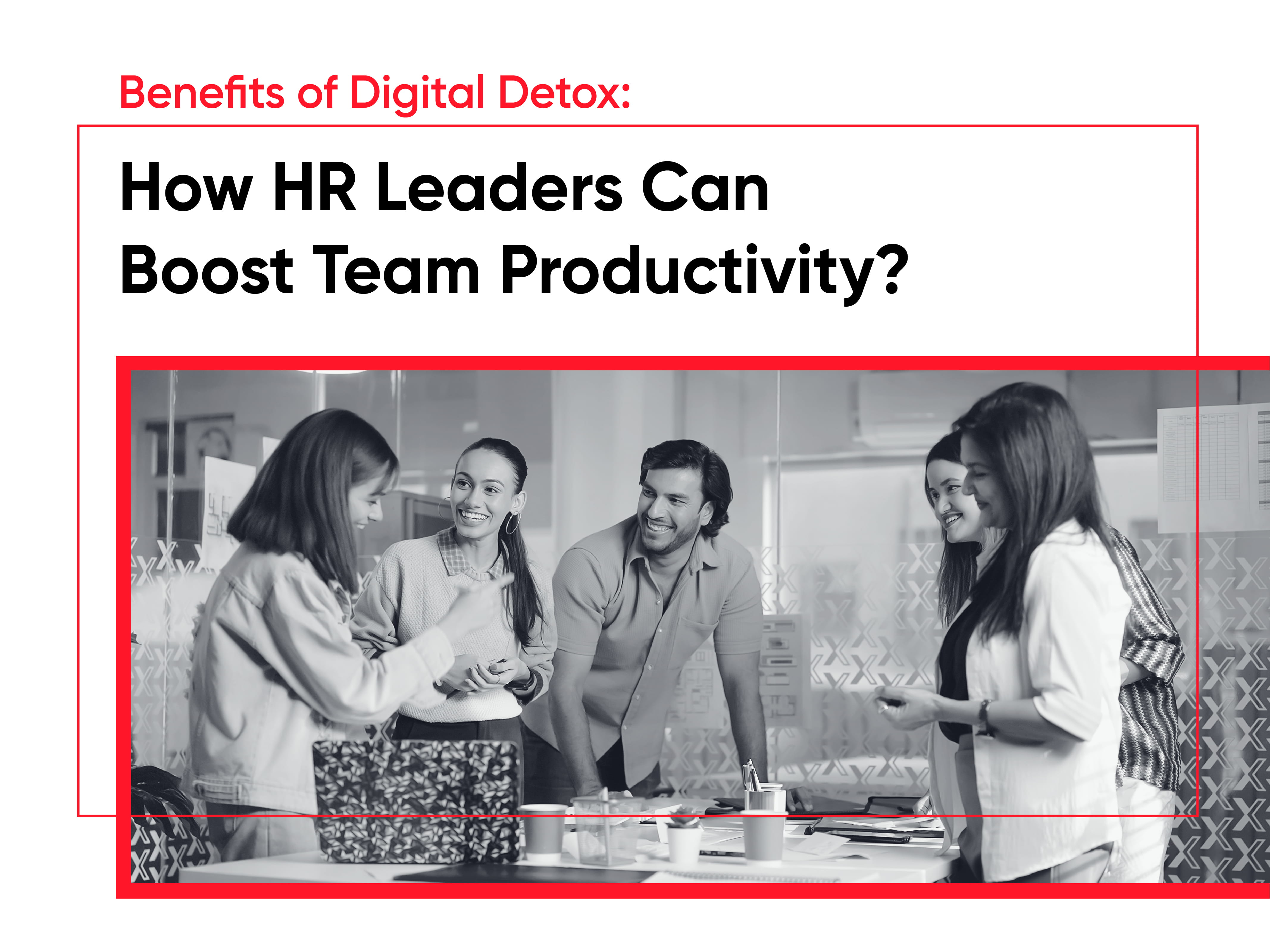Reading Time: 4 minutes
In the ever-evolving landscape of the modern workplace, the well-being of employees has emerged as a pivotal factor influencing organizational success. Recognizing the profound impact of a positive work environment on individual morale, productivity, and overall job satisfaction, forward-thinking leaders are increasingly focusing on holistic strategies that go beyond traditional approaches.
This blog comprehensively explores innovative initiatives designed to prioritize and enhance employee well-being. Amidst the challenges posed by remote work and the ever-present demands of a fast-paced professional landscape, we explore the importance of informal interactions, carving out time for fun, and personalized one-on-one check-ins. When thoughtfully implemented, these strategies create a resilient and supportive workplace culture.
Encourage acts of kindness.
Fostering a culture of kindness within the workplace is a simple yet powerful strategy to enhance the overall well-being of employees. Kindness has been shown to improve mental health and create a positive and supportive atmosphere within the organizational setting.
Encouraging employees to engage in acts of kindness, whether big or small, contributes to building strong social bonds and promoting a sense of connection among team members. Organizations can positively impact their workforce’s mental and emotional health by cultivating a workplace environment that values and encourages kindness.
Harness your Employee Resource Groups
Harnessing the potential of Employee Resource Groups (ERGs) can significantly contribute to creating a diverse, inclusive, and supportive workplace environment. ERGs, being employee-led committees aligned with organizational goals, naturally bring people together based on shared interests. These groups foster a sense of belonging and play a crucial role in building strong social bonds among members.
By leveraging the power of ERGs, organizations can tap into the collective strength of their workforce, promoting collaboration across teams and providing valuable networking opportunities. According to the Great Place To Work’s Best Workplaces in IT report, 76% of employees utilize remote working options, which calls for increased focus on initiatives to improve camaraderie. Initiatives led by ERGs contribute to a more inclusive workplace culture, allowing employees to connect, share experiences, and support each other. Ultimately, activating Employee Resource Groups can positively impact employee well-being by fostering a sense of community and connection within the organization.
Instigate informal interactions
Flexible work has many benefits for workers, but social connection is a challenge. Some pre-pandemic research found that full-time remote employment increased loneliness by 67% compared to in-office work. Initiating informal interactions within the workplace is a strategic move to enhance team dynamics and bolster employee well-being. In a traditional office setting, casual conversations that naturally occur—whether by desks or in communal spaces—foster a sense of camaraderie among team members. However, in remote work scenarios, these spontaneous interactions may be lost.
Leaders can proactively instigate informal interactions to counteract this, providing dedicated time for non-work-related discussions. Leaders create an environment where team members can share, connect, and alleviate stress by setting an example and incorporating moments for personal connections in meetings. Recognizing that productivity isn’t solely determined by ploughing through agendas, these intentional, informal interactions contribute to a more supportive and connected work culture, positively impacting employee well-being.
Create space at the top of meetings
Reserving a space at the beginning of meetings for personal, non-work-related conversations is a thoughtful strategy that can significantly contribute to fostering employee well-being. In a virtual work environment, where the incidental chats of a physical office are absent, deliberately setting aside time for casual discussions becomes crucial.
Leaders who prioritize this practice not only demonstrate a commitment to their team’s holistic well-being but also create an opportunity for team members to be heard. This intentional approach allows individuals to share personal updates, alleviating stress and fostering a sense of connection. By acknowledging that effective meetings extend beyond agenda items, organizations can build a more supportive and socially connected work culture, positively impacting employee morale and engagement.
Make time for fun
Carving out dedicated time for fun activities within the workday is a simple yet impactful way to contribute to employee well-being. In the fast-paced and often stressful workplace environment, injecting joy and fun can have significant positive effects.
Whether through virtual coffee breaks, optional meetings with no set agenda, or creative team-building exercises, making time for fun creates opportunities for team members to relax, connect, and enjoy each other’s company. This intentional focus on enjoyment contributes to a positive work culture, helps alleviate stress, and fosters a sense of camaraderie among colleagues. Recognizing the importance of work-life balance, these fun moments contribute to a more holistic and supportive workplace environment.
Check-in on a 1:1 level
Conducting one-on-one check-ins is a personalized and impactful approach to support employee well-being. Without face-to-face interactions, these individual meetings provide a dedicated space for employees to express their thoughts, concerns, and personal challenges.
Leaders who prioritize regular one-on-one check-ins demonstrate genuine care for their team members and gain valuable insights into individual needs. This approach allows employees to feel seen and heard, fostering a sense of connection and support. By acknowledging and addressing personal and professional challenges one-on-one, organizations can enhance overall employee well-being and contribute to a workplace culture that values individual experiences and growth.
Prioritizing individualized support for employee well-being is not only a strategic approach but also a compassionate one. The importance of personal connections cannot be overstated, as employees who receive tailored assistance feel recognized and enable leaders to respond more effectively to their distinct needs. Whether it’s connecting employees with a supportive “buddy” during challenging times or leaders engaging in virtual “drive-by” for personal check-ins, these initiatives underscore the significance of fostering genuine connections within the workplace. Organizations can create a more resilient, supportive, and ultimately thriving work environment by recognizing and addressing each team member’s unique preferences and challenges. Visit us here for more information.











